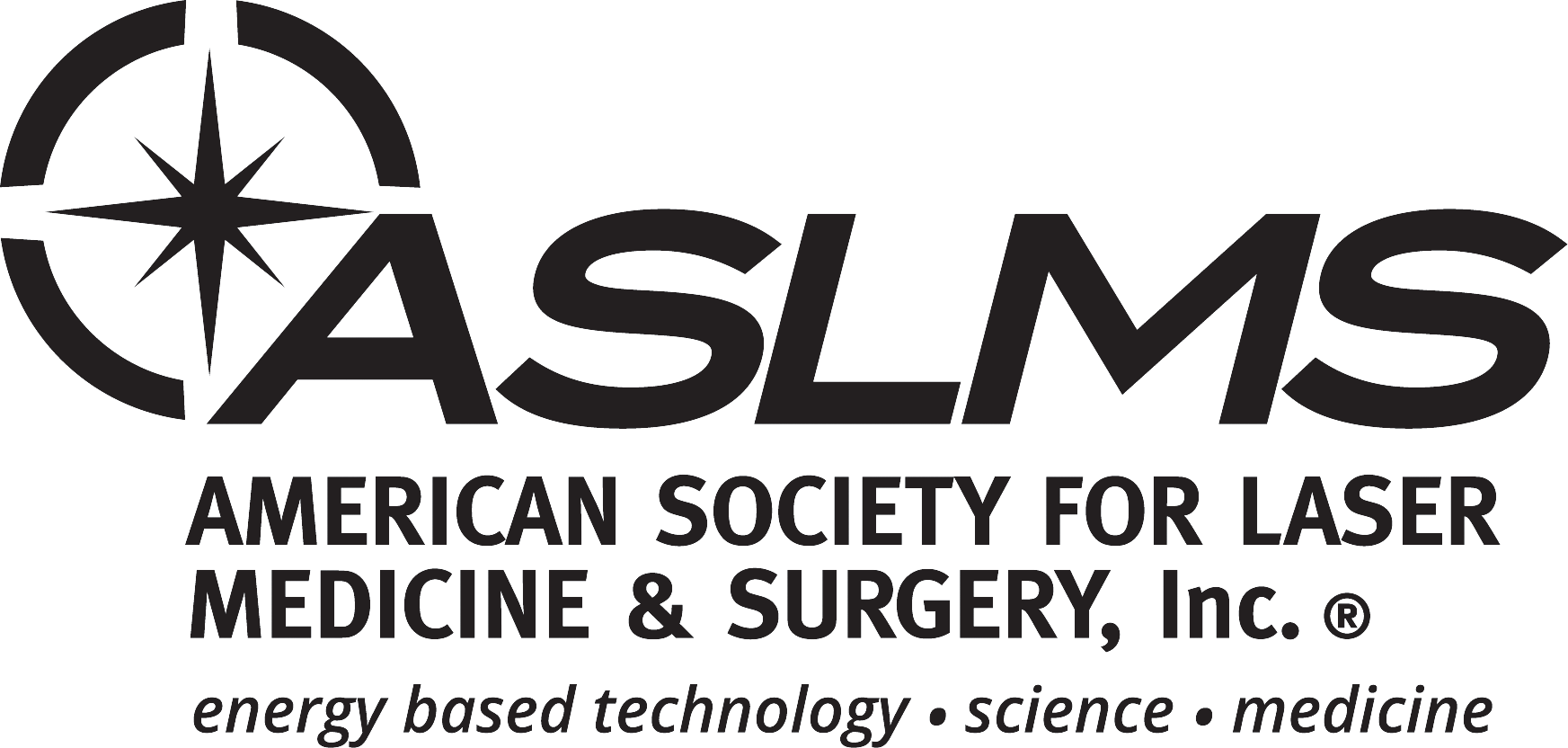A skin cancer diagnosis can be scary and confusing, but Michael I. Jacobs, M.D. Dermatology and Laser Surgery in New York, NY has the resources you need for early detection and treatment.
What Are the Early Signs of Skin Cancer?
Your skin does a lot for you. It’s the largest organ in your body, and it’s one of your body’s first lines of defense, protecting you and your internal organs from bacteria or physical damage. Because your skin does so much for you every day, it’s important to take good care of it.
One of the things you can do for your skin is to get checked regularly for cancer and to know the common signs and symptoms of cancer of the skin. Catching cancer early means a better prognosis and easier treatment. Regardless of whether or not you’re more at risk for this type of cancer, it’s important to know these common early signs.
Waxy Bumps
If you’ve noticed any bumps on your skin that look waxy or pearly, that can be a sign of cancer. Specifically, this is a common sign of basal cell carcinoma. These bumps will most likely appear on areas of your skin that are frequently exposed to direct sunlight.
The bump may be white, pink, or red. It could also appear dark or even mole-like, especially on people with darker complexions.
Sores That Won’t Heal
Another common sign that you might have basal cell carcinoma or squamous cell carcinoma is if you find sores on areas that are often exposed to the sun that won’t heal. Often, these sores will bleed or ooze, and they may appear crusty.
Over time, the sore might appear to heal but will return later. If you have a sore that fits this description, then it’s time to go for a cancer screening.
Reddish Patches
Cancer on the arms, legs, chest, or shoulders could result in irritated, reddish patches in the areas. You may find that the skin is itchy, painful, or that it feels crusty. It’s also possible that the area experiences no discomfort at all.
If you notice these signs, then you could have basal cell carcinoma. Book a cancer screening with us to get tested.
Red Nodules
One of the common early signs of squamous cell carcinoma is a firm, red nodule somewhere on the skin. Most people with this type of cancer will find signs of it in areas that are frequently directly exposed to the sun.
However, people with darker skin are more likely to find these signs on parts of the body that aren’t often directly exposed to sunlight.
A Mole That’s Changed in Color or Size
Most people have moles somewhere on their bodies. It’s natural to have them, and most of the time they’re nothing to be concerned about. But If you find a mole that’s changing, that could be a sign it’s cancerous.
A mole that changes in size is color could be a sign that you have melanoma. This type of cancer can be found on any area of the body, including ones that are not often exposed to sunlight.
Lesions with Irregular Borders
Another sign that you could have melanoma is that you have a lesion with irregular borders. You may also find that these lesions are asymmetrical.
Melanoma can be difficult to deal with, which is why detecting it as early as possible is important. If you have any signs of melanoma, it’s important to make a cancer screening appointment right away.
Dark Moles or Lesions
While you may have several moles all over your body if you notice that one is darker than the rest that could be an indication of melanoma.
Most benign moles on your body will be a brownish color. If you have melanoma, the mole could be black, different shades of brown, or tan. You may also notice that the mole becomes red, blue, or white as time goes on.
What Causes Skin Cancer?
Understanding what exactly causes cancer of the skin can help you prevent it on your own body. There isn’t usually one singular cause of skin cancer, but the most common one is unprotected sun exposure. When you’re going out into the sunlight, it’s important to make sure you’re wearing adequate sun protection for this reason.
But other factors can contribute to causing cancer as well. You might have another skin condition that can predispose you to cancer. Being in physical contact with certain substances can also put you at risk.
Am I At Risk?
This type of cancer can affect anyone. That said, some people might be prone to it than others. If you spend a lot of time in direct sunlight, then you’re more at risk than somebody spending the majority of the time indoors. Those with fairer skin can be more affected by the sun’s cancer-causing UV rays than those with darker complexions.
Your family history is something important to consider as well. If you’ve had a family member that’s been diagnosed with cancer of the skin, then you’re more at risk for it as well. Those who have previously had skin cancer will be at higher risk for other types.
How Do You Detect Skin Cancer?
If you notice any of the above signs, then it’s a good idea to make an appointment for a cancer screening. Your doctor or dermatologist should also be checking for signs of cancer during annual screening screenings. However, detecting skin cancer often begins with a thorough self-screening at home.
You should regularly check your body for any signs of cancer. Make sure to check all areas of your body, including your scalp, underneath your breasts, and around the buttocks and genitals. Try to perform a self-screen at least once a month. If you notice anything unusual, book a cancer screening right away.
What Is a Cancer Screening Like?
If you’ve noticed signs of cancer of the skin, then booking an appointment at Dr. Michael I. Jacobs will help determine if more thorough testing is necessary. Dr. Jacobs will take a look at your skin to check for common signs of cancer. Annual screenings are a great way to keep an eye on your skin’s health, but if you’re at higher risk for skin cancer you may need to come twice a year.
If you’ve noticed anything in particular during your self-screenings, then it’s important to let Dr. Jacobs know. This way, he’ll know to check these areas more carefully. Cancer screenings are generally very quick and may take just 10 minutes. Your screening might take a little longer if you have a family history of cancer of the skin or if there is a particular area of concern that needs to be more closely checked.
What If Something Unusual Is Found?
If Dr. Jacobs finds something that could indicate cancer, further testing will be necessary. It’s impossible to tell if a lesion, mole, or skin abnormality is cancerous by the look and feel alone. Depending on the abnormality, a few different courses of action might be recommended.
If the abnormality doesn’t appear to be cancerous, you might simply be asked to monitor the area for any further changes with a follow-up appointment later. If Dr. Jacobs suspects that the abnormality is cancerous, then you will most likely need a biopsy to test for cancer.
What Happens If It’s Cancer?
Your biopsy tests can take a couple of weeks to receive. If the results come back positive, then Dr. Jacobs will set you up with a treatment plan. He and his team understand that everyone’s body is different and that no two treatment plans can look alike for that reason. The first step to treatment is determining what specific type of cancer you have, as well as how far along it is. Once these factors are determined, Dr. Jacobs will come up with your individualized treatment plan.
If you have basal cell carcinoma, then it might be possible to remove the cancerous area surgically. However, if you have a cancer type like melanoma, then you might need a treatment option like radiation. We’ll make sure that your treatment plan is the most effective and safest for you.
Book Your Screening Today
If you’ve noticed any early signs of this type of cancer, then booking an appointment with us is important. Dr. Jacobs has a great reputation for catching cancer early and providing effective treatment. Book your consultation today at Michael I. Jacobs, M.D. Dermatology and Laser Surgery in New York, NY.
Survey
by Bruce Robertson
Category: reveiwsI have been a patient of Dr.Jacobs for over 20 years,,Over that time period he has discovered, treated, and has removed several skin cancers from me. I can clearly state that if it weren’t for him I probably would not be alive today..His staff has always been the most professional and his clinical environment is always immaculate. I would recommend anyone with dermatological issues from psoriasis to melanoma to consult with Dr. Michael Jacobs.
Ms
by Carol C
Category: reveiwsI had the best experience with Dr. Jacobs. Went to see two doctors who misdiagnosed a rash I had on my ankle. Dr. Jacobs identified it within seconds, prescribed a medication and it started to clear up two days later. The staff is wonderful and I would go back anytime.
Satisfied Patient
by Michel Orban
Category: reveiwsFor over 30 years, Dr. Jacobs has treated me. He is cordial, friendly and listens. Most recently, I had a severe case of bedbug bites that I got in Portugal. Literally within minutes of texting him with photos, he corrected the diagnosis I'd been given at a local hospital clinic and told me the medicines I needed. While I saw two doctors in Europe, it was Dr. Jacobs who helped me control my anxiety. For over three weeks, he communicated frequently with me - reconfirming what I was doing was correct and reassuring me the bites would get better, Dr. Jacobs is my go to! He is thoughtful, direct and clear in conveying his diagnosis. I am grateful to him for his care and appreciate all he has done for me over the years.
exceptional
by Jackie S
Category: reveiwsI have been a patient of Dr. Jacob's for over a year and although I went for one procedure, I kept coming due to their outstanding and attentive service. Their facility is very clean and the staff is very professional. Their equipment is top of the line. I've had hair removal and lasers done that was totally painless. I highly recommend this facility.
Too Modest to Publicize Himself
by charlotte squarcy
Category: reveiwsThe wonderful work the Doctor did restoring a freshness to my face and neck was enough to convince 5 women pictured in The Social Register to make appointments of their own. Whether socially, for a polished image at work, or for health and wellness to take personal care seriously, this is the doctor to visit. NOT one who sells her services on TV talk shows. This office is not a Botox factory assembly line. When comparing notes, we women agreed that each was treated uniquely as specialized treatments were matched with care and a sure sense of what would be pleasing and successful with each patient. May I note as well that there are quite a number of men in the office seeking treatment as well!. This is a board certified physician who teaches his skills at Cornell. It goes without saying that his professional demeanor causes a patient to trust his judgement.
Powered by Crystal Clear Digital Marketing Reviews






